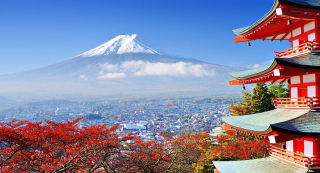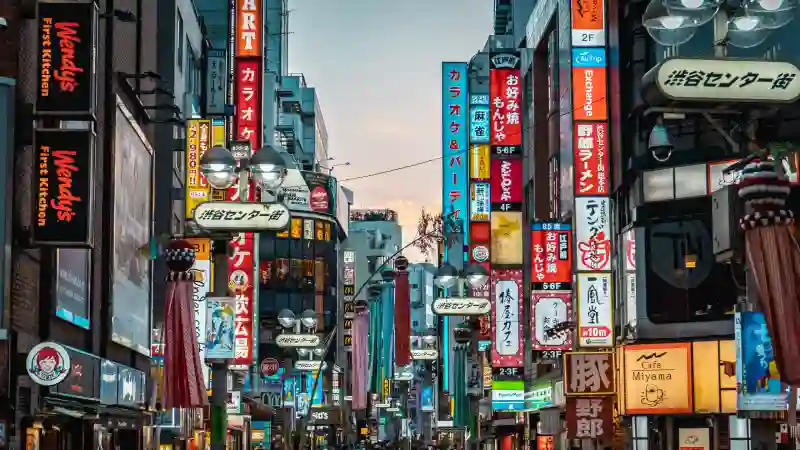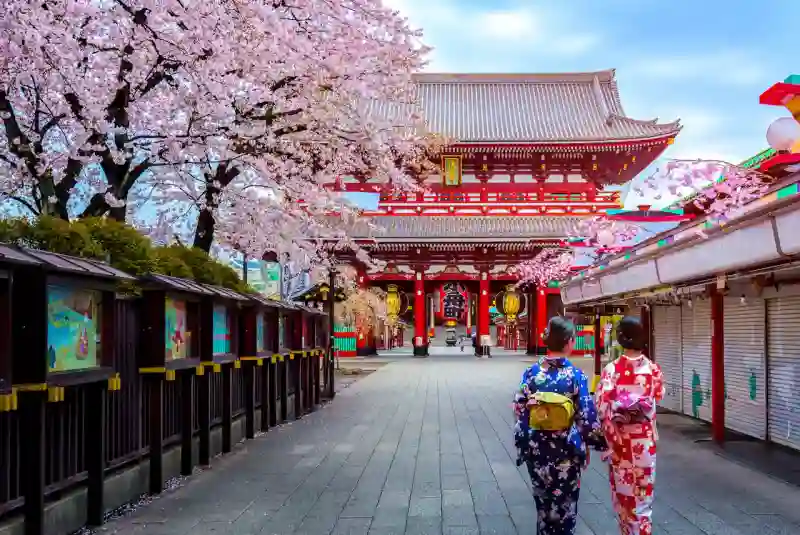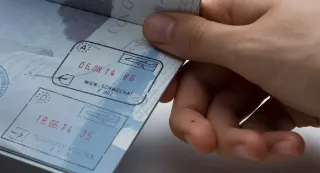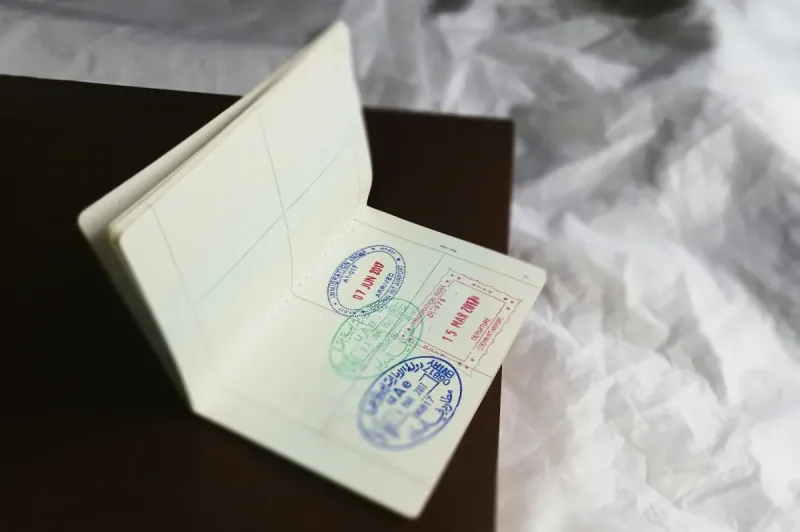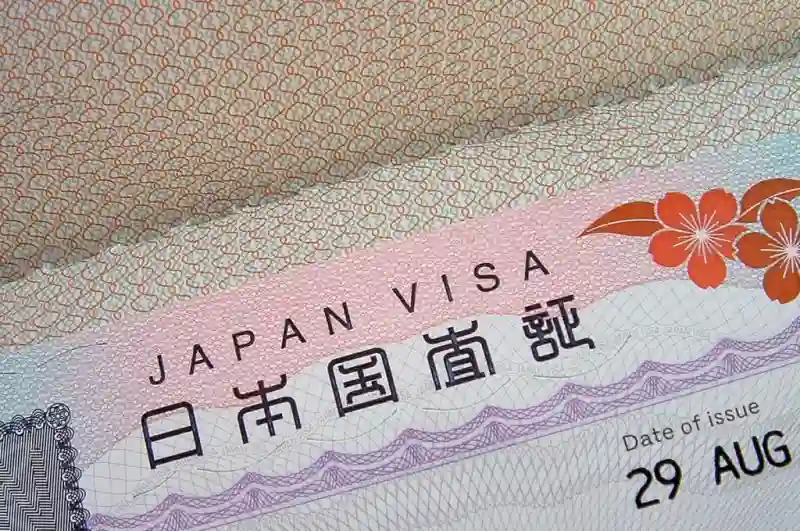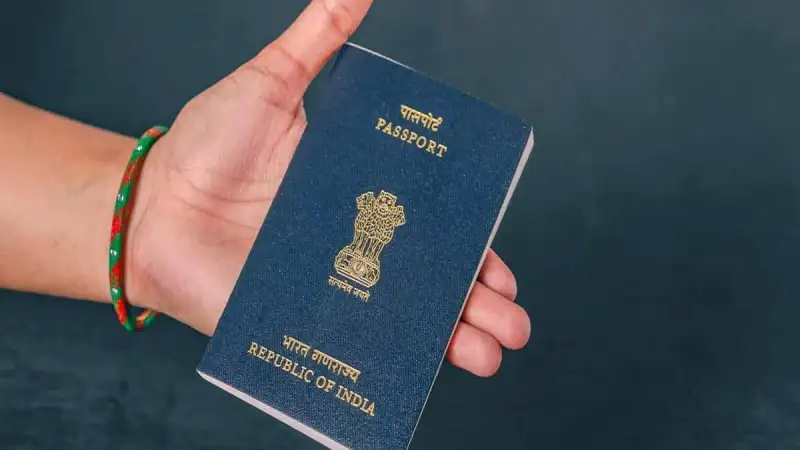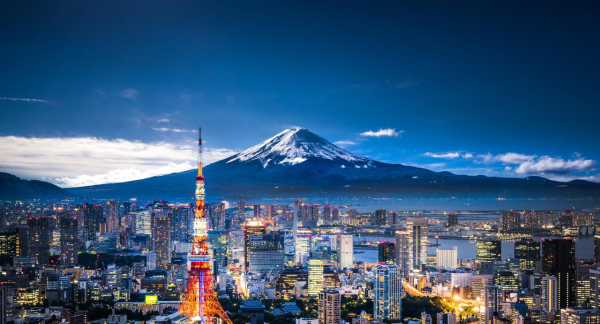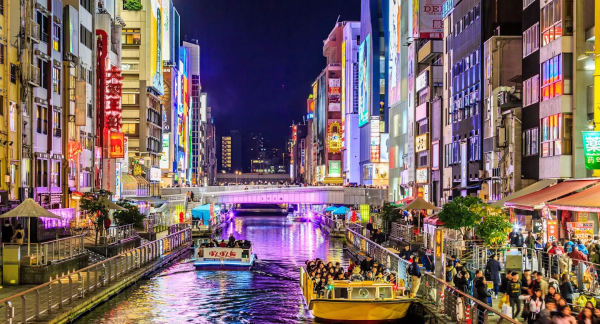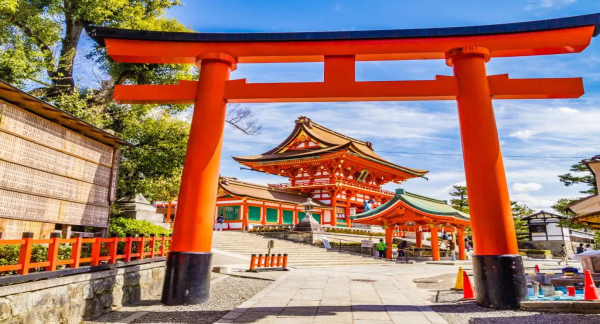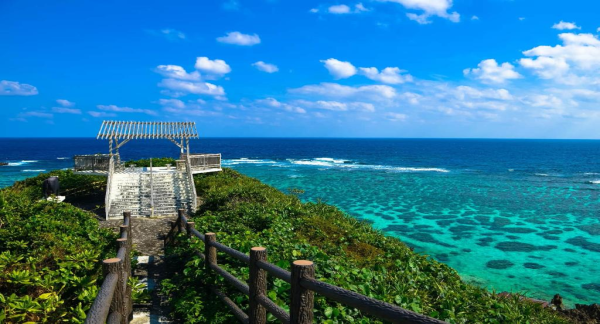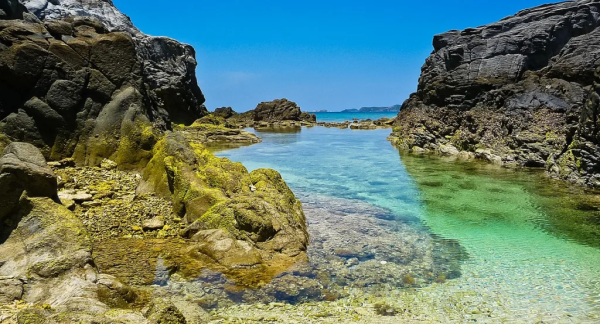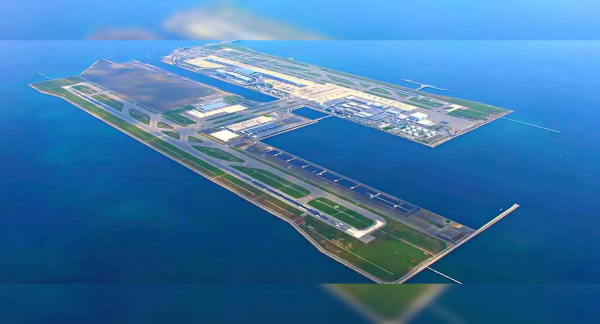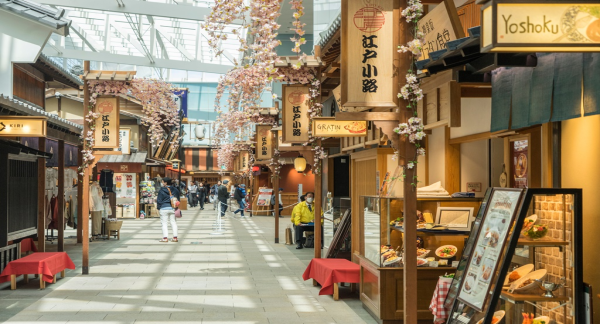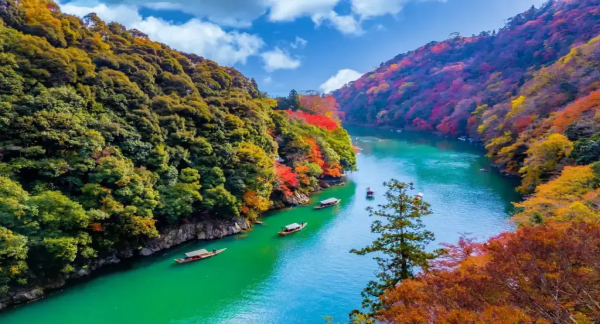Japan offers a variety of visa types to accommodate the diverse needs of Indian travelers and residents. Understanding these options can significantly ease the process of planning your travel or move to Japan. Here’s a breakdown of the most common visa categories available for Indians:
Temporary Visitor Visa (eVisa or Regular):
This visa is ideal for those planning to visit Japan for tourism, visit friends or family, or engage in short-term business activities. The introduction of the eVisa has made applying for short stays more convenient, allowing applicants to handle the entire process online. However, the traditional visa application is still available and necessary for those who do not qualify for an eVisa.
Work Visa:
The Japan work visa is categorized based on specific job roles and industries, making it crucial for applicants to apply under the correct category. Common categories include Engineer, Specialist in Humanities/International Services, and Intra-company Transfers. Each category has its own set of requirements and documentation, often necessitating sponsorship from a Japanese employer.
Student Visa:
Designed for individuals intending to undertake full-time studies in Japanese educational institutions, the student visa is a pathway for Indians looking to advance their education in Japan. Applicants must be accepted into a Japanese school and show evidence of sufficient funds to cover their tuition and living expenses.
Spouse/Dependent Visa:
This visa category is for the family members of Japanese citizens or foreign residents who are legally residing in Japan. It allows spouses, children, and other dependents to join their family in Japan, provided that the primary visa holder has sufficient financial capacity to support them.
Transit Visa:
For Indians transiting through Japan en route to another destination, a transit visa may be required if you plan to leave the airport or stay for more than a few hours. This visa is essential for those with long layovers who wish to explore a bit of Japan before continuing their journey.
Navigating the visa application process for Japan can seem daunting, but understanding the two primary routes—eVisa and regular visa applications—can simplify the procedure. Here's a detailed look at both methods to help Indian applicants choose the best approach based on their travel needs and visa type.
The eVisa system is a streamlined option designed primarily for single-entry tourist visas and is valid for stays of up to 90 days. This method is particularly advantageous for those looking to minimize paperwork and processing times. Here's how you can apply for an eVisa:
- Online Application: Begin by filling out the application form on the official Japan eVisa portal. Ensure you have a reliable internet connection to avoid any disruptions during the application process.
- Required Documents: You will need to upload digital copies of your passport (bio-page), a recent passport-sized photo, and your travel itinerary. Ensure that all documents meet the specifications outlined on the portal.
- Processing Time: eVisa applications are typically processed quicker than regular visas—often within a few days. However, it's advisable to apply well in advance of your travel date to accommodate any unforeseen delays.
Regular Visa Application:
For visas that are not eligible for the eVisa process, such as work visas, student visas, or multiple-entry tourist visas, the regular visa application process through VFS Global centers is required. Here’s what this process entails:
- Application Submission: Visit the nearest VFS Global center or a designated Japanese consulate or embassy. In cities like San Francisco, where there is a significant demand, ensure you understand the specific requirements of the local Japanese consulate.
- Document Checklist: You’ll need to provide a completed visa application form, your passport, photographs as per the Japan visa requirements, proof of financial means, an employment contract or admission letter (if applicable), and any other documents relevant to your specific visa category.
- Interview Process: Depending on the visa type, you might be required to attend an interview. This is particularly common for long-term visas or visas that require additional verification.
